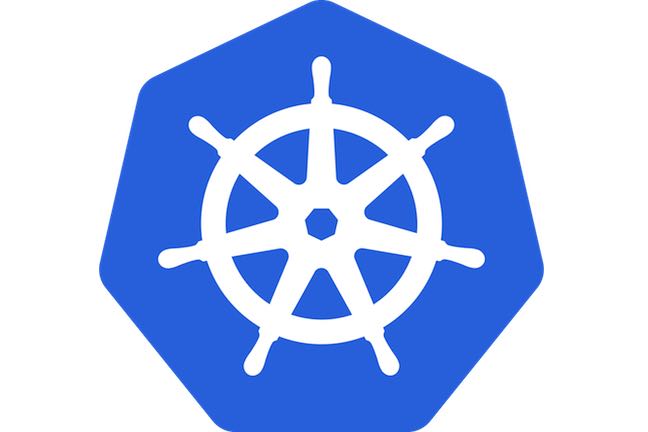
Container management firm Containership.io has called it quits and is scuttling its eponymous service after five years.
The Pittsburgh, Pennsylvania-based firm has announced that the service will limp on until October 31, when the lights will officially go out. In the meantime, customers should get their infrastructure off the platform.
The move comes five years after the founders first started working on a container orchestration service, and 18 months after re-platforming around Kubernetes. It launched its most recent version, Containership 3.12, earlier this month, which brought support for Kubernetes 1.15.
Founder and CTO, Norman Joyner, recounted the company’s launch and demise in a lengthy blogpost.
“Ultimately, we came up short,” he concluded. “It has been nearly a year and a half since the Containership Cloud replatform, and we have failed to monetize Containership Cloud in such a way that we could build a sustainable business. As the founder and CTO, this is on me.”
He said that “as of this week” Containership had ceased operations. The Containership Cloud Platform will stay operational through October 31st, 2019, “at which point we will be unable to provide further services to users, and the platform will be permanently shut down.”
He added that “It is important that your organization moves its infrastructure off of Containership Cloud in order to prevent unwanted disruption to your Kubernetes clusters.”
Elsewhere in the post he recounts how five years ago, the infrastructure space looked “drastically different”, prompting the original idea for the orchestration service which was first debuted in 2015.
While building out the company and its platform, he continues, “We started to notice a common theme from our more well-established users and prospects. They wanted to know what differentiated containership from Kubernetes.”
The resulting conclusion was, presumably, not much. Or rather, “We quickly realized our greatest value was not necessarily at the orchestration layer, but rather it was the intuitive multicloud control plane we were building (Containership Cloud). Though difficult, we made the choice to abandon our work on open source containership, and pivot to delivering customers the same sort of experience using Kubernetes.”
But catching the Kubernetes wave clearly didn’t result in the required revenues to keep the company going long term. Afterall, it’s hard to turn a containership around in time.
